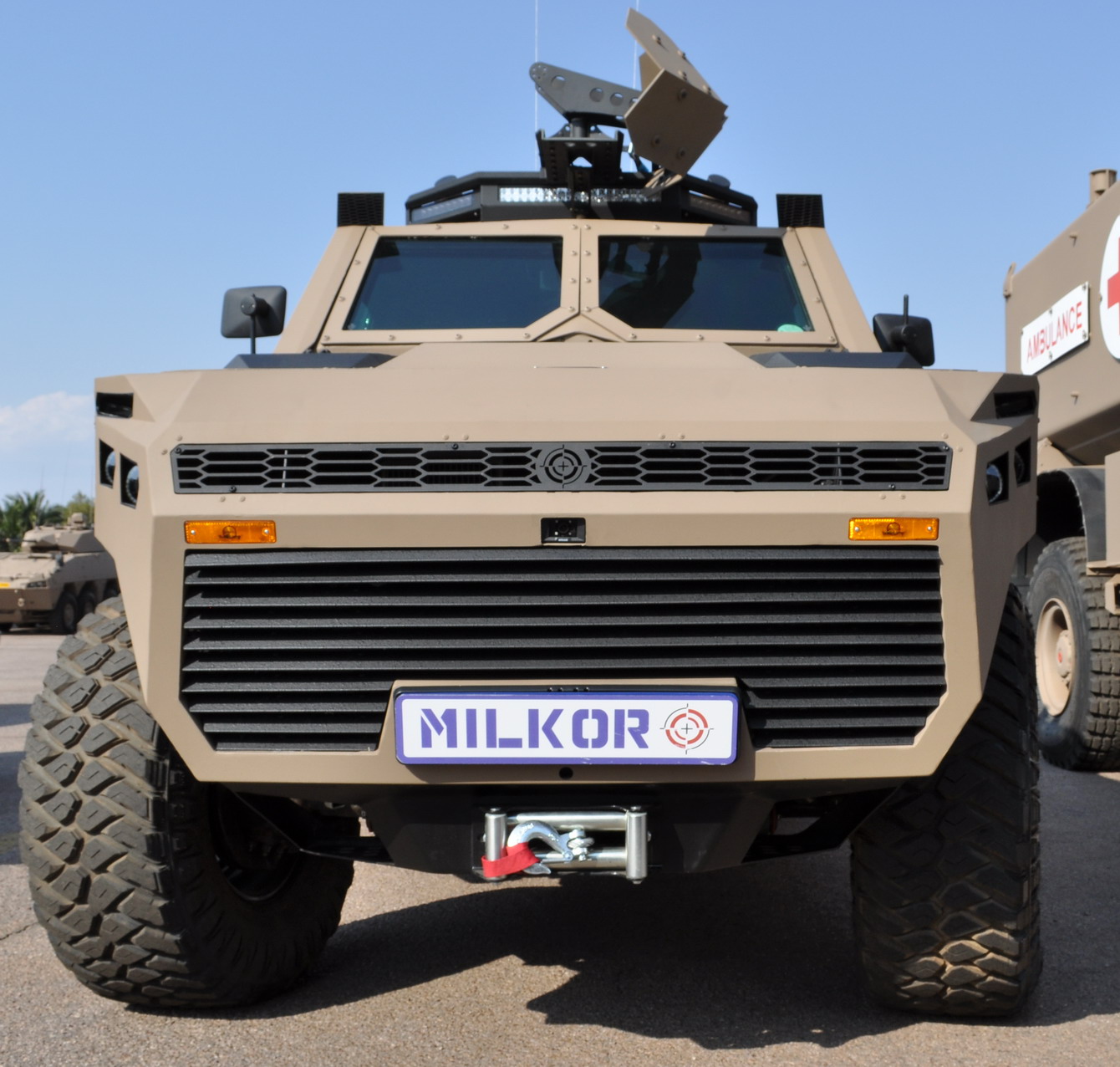

Fingers are being pointed at State-owned defence and security procurement company Armscor for the way it handled what is apparently a R500 million tender to improve SA Army mobility on the country’s land borders.
One of the people doing the pointing is Democratic Alliance (DA) parliamentarian Chris Hattingh who, along with two other MPs from the same party, are delegated as oversight watchdogs on Parliament’s two defence committees.
He has it South Africans have reason to be alarmed by what he’s found out about the acquisition. This, he maintains, is because the R500 million Armscor tender for new troop carriers seems to be plagued by the same lack of accountability and transparency that doomed past defence projects.
His reaction comes after DefenceWeb last month made public that Centurion-based defence equipment manufacturer and supplier Milkor was confirmed as the “winning bidder” for the border control armoured personnel carrier (APC) tender issued by Armscor. The confirmation was contained in what was called a “media response” by Armscor to reports in this publication and Johannesburg daily The Citizen regarding the tender.
Hattingh and party researchers investigated the project, reaching the conclusion that the evaluation process for the new APCs was compromised. This was because, among others, field trials meant to verify vehicle performance were “cancelled without explanation”.
“Several local defence companies, including Paramount, SVI and DCD Protected Mobility, had already deployed their vehicles for testing when the process was abruptly halted. The eventual winner, Milkor SA, did not participate in the trials and has only limited experience in armoured vehicle production. Aside from a small sale of five vehicles to Namibia, the company has no operational record.
“It is even more concerning that Milkor’s vehicle has not undergone comparative land mine blast testing — a basic requirement for mine resistant troop carriers. Without such tests, there is no evidence that the vehicles meet the protection standards needed to keep SANDF members safe during deployment. Despite this, Armscor has approved the project and awarded Milkor a contract worth half a billion rand,” he said in a statement.
Hattingh notes the “situation” around the latest landward force acquisition by Armscor “mirrors the R7 billion Project Hoefyster fiasco”.
“Not a single Badger infantry fighting vehicle (IFV) was delivered after nearly two decades of broken promises and ballooning costs. The same acquisition authorities – Armscor and the Department of Defence (DoD) – oversaw that project,” he said adding “warning lights are flashing again”. These he identifies as untested products, shifting evaluation rules and a lack of accountability.
“South Africa cannot afford another costly procurement failure while soldiers patrol our extensive borders, often on foot or in bakkies, due to the lack of suitable vehicles. Public funds, soldier safety and the integrity of our defence industry are at stake.”
First up in attempting to establish what did – or didn’t – happen with the border APC tender will be a call for a full investigation into Armscor’s handling of it. Hattingh also wants access to all evaluation and testing records as part of an effort to press for defence procurement reform to make acquisitions transparent, technical sound and accountable.
.



